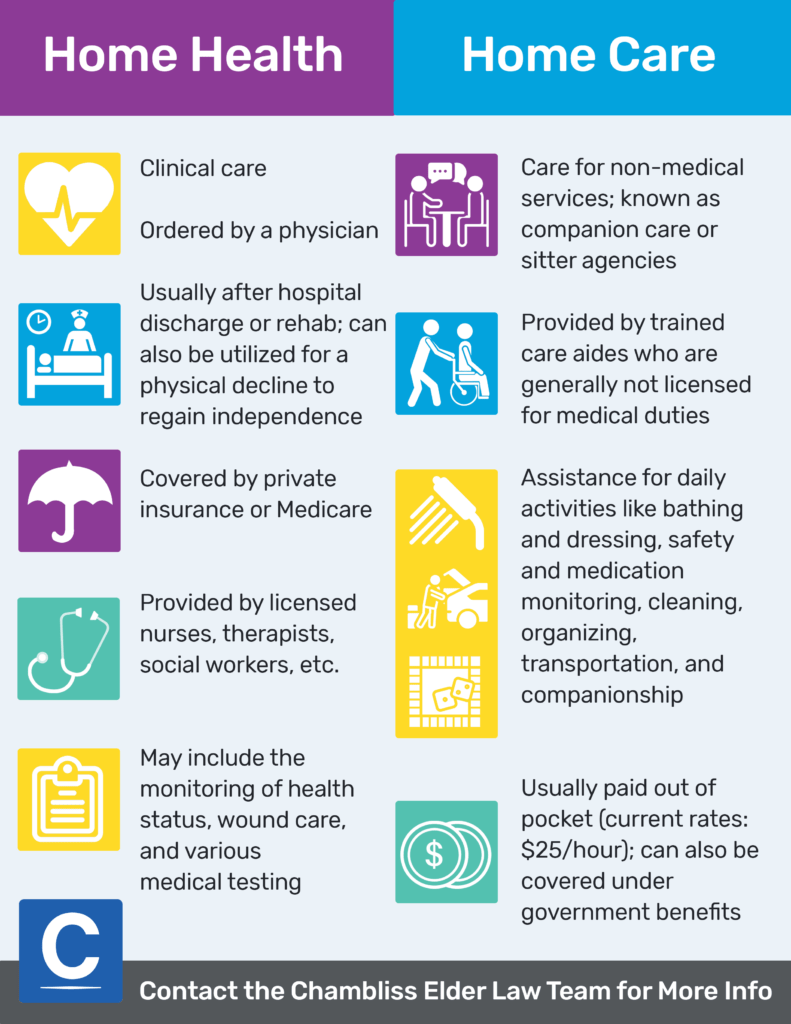How to select the right home care providers for NDIS disability support
How to select the right home care providers for NDIS disability support
Blog Article
All About Home Treatment Services for People With Disabilities: NDIS Registered Support
Home treatment services under the NDIS play an essential function in supporting people with handicaps. These solutions are created to boost everyday living through customized support, varying from individual like wheelchair assistance. Comprehending how to navigate these choices can be intricate. This introduction discovers the different elements of NDIS home treatment, from offered services to the option of providers, highlighting necessary considerations for those looking for assistance. The journey towards empowered care starts below.
Understanding the NDIS and Its Objective
The National Handicap Insurance Policy Scheme (NDIS) offers as a transformative structure created to give assistance and services for individuals with handicaps. Established to improve the lifestyle and guarantee equitable access to important resources, the NDIS empowers individuals by offering individualized plans tailored to their one-of-a-kind requirements. It intends to foster freedom, enabling people to seek their personal objectives and aspirations.Through a structured technique, the NDIS allocates financing for various assistances, consisting of education and learning, employment support, and area involvement. This all-encompassing scheme not just focuses on prompt care however also stresses long-term developing results. By promoting selection and control, the NDIS motivates participants to select their favored company, ensuring that treatment straightens with their worths and choices. Eventually, the NDIS represents a considerable commitment to boosting the lives of people with disabilities, cultivating inclusivity, and developing a more helpful culture.
Sorts Of Home Care Solutions Available
Numerous types of home treatment services cater to people with handicaps, mainly focusing on individual care assistance and respite treatment alternatives. Individual care assistance supplies essential assistance with daily activities, while reprieve care provides temporary alleviation for main caregivers. Comprehending these services is important for guaranteeing the well-being of both individuals with specials needs and their families.
Personal Care Aid
While maneuvering day-to-day live can present obstacles for people with specials needs, individual treatment support uses vital assistance customized to their one-of-a-kind demands. This kind of home treatment solution includes a series of activities designed to promote freedom and improve quality of life. Personal treatment assistants aid with day-to-day jobs such as showering, clothing, grooming, and toileting, ensuring individuals keep personal hygiene and comfort. They may likewise assist with meal preparation, medication management, and wheelchair support. By supplying personalized treatment, these professionals equip people to involve even more totally in their social activities and daily routines. On the whole, personal care help plays a significant duty in cultivating self-respect and freedom for those with specials needs, enabling them to prosper in their home setting.

Break Treatment Options
Respite care serves as a vital resource for families and caregivers of individuals with disabilities, giving short-term remedy for the needs of everyday caregiving. This sort of solution can take various forms, including in-home reprieve care, where qualified specialists visit the home to aid with treatment jobs. Families may opt for facility-based respite treatment, where people obtain care in a customized setting, permitting caregivers to take a break. In addition, some organizations use emergency break services for unforeseen scenarios. These options not just aid minimize caregiver anxiety but additionally promote the well-being of individuals with specials needs by offering them new experiences and social communication. Generally, reprieve care plays a critical function in supporting both caretakers and those they look after.

Exactly How to Accessibility NDIS Home Treatment Providers
Accessing NDIS home treatment services involves understanding the qualification standards stated by the National Special Needs Insurance Plan. People should navigate a structured application process to protect the necessary assistance tailored to their requirements. This section will certainly clear up both the eligibility demands and the steps associated with getting services.
Qualification Standards Clarified
To get NDIS home care services, individuals should meet details qualification standards that assess their circumstances and needs. Applicants have to be aged between 7 and 65 years and have a significant and permanent disability that affects their capability to perform daily activities. Furthermore, they need to be an Australian citizen, a permanent homeowner, or hold a Protected Special Category Visa. The NDIS needs proof of the special needs, normally with medical assessments or reports. Individuals need to demonstrate that they call for support to participate in social and financial life. These requirements ensure that solutions are directed in the direction of those that really need help, promoting independence and improved top quality of life for people with impairments.
Application Refine Steps
Can I Pick My Own Support Employees Via NDIS?
The individual made browse around here inquiries whether they can choose their own support employees under the NDIS framework. Usually, participants have the versatility to pick support employees, cultivating personalized treatment that aligns with their certain demands and choices.
What Takes place if My Needs Modification After Getting Assistance?
They should interact these adjustments to their solution copyright if an individual's requirements modification after getting support. Modifications can be made to the treatment strategy, guaranteeing that the support remains efficient and appropriate for their conditions.

Exist Limits on The Number Of Hours of Care I Can Receive?
The individual asked about potential restrictions on the number of treatment hours got. Usually, such limitations might exist based upon certain plans or funding arrangements, highlighting the importance of assessing standards and agreements on a regular basis.
Can I Make Use Of NDIS Financing for Home Adjustments?
The concern of using financing for home adjustments emerges frequently. Typically, people might make use of NDIS funding for required adjustments to their homes, guaranteeing accessibility and security, section upon meeting certain qualification requirements and standards.
How Do I Handle Issues About My Home Treatment Solutions?
To resolve complaints about home treatment services, people ought to first record their issues. Then, they can connect straight with their service provider, seeking resolution, or intensify the issue to relevant oversight bodies if necessary. Home care solutions under the NDIS play a pivotal function in supporting individuals with disabilities. Different kinds of home treatment solutions provide to people with disabilities, mainly concentrating on personal treatment aid and break treatment options. support at home. Individual care assistance offers necessary assistance with daily tasks, while break treatment uses short-term alleviation for main caretakers. Households might decide for facility-based reprieve care, where individuals receive care in a specific setting, permitting caretakers to take a break. Exactly how can households properly take care of the financial elements of home care services for people discover this with impairments?
Report this page